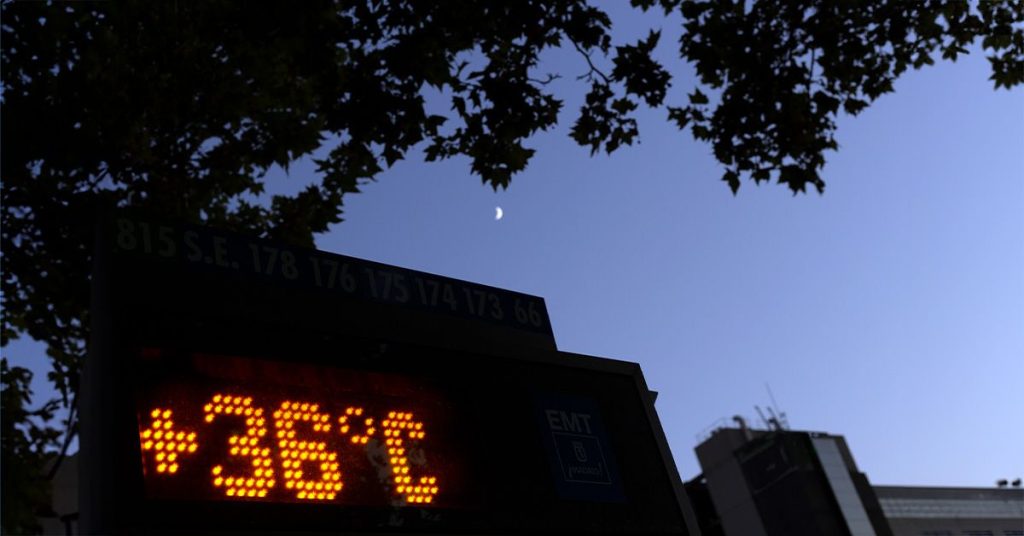A recent study found that older people, particularly women, are at an increased risk of having a stroke on hot nights. Heat can disrupt the cardiovascular system, affecting blood vessel function. To reduce the risk of stroke on hot nights, it is recommended to stay hydrated, keep air circulating, take cool showers, and wear cool clothes. The study highlights nocturnal heat as a critical trigger for stroke events in a warming climate.
The research indicates a 7% higher risk of strokes on warm nights, particularly among elderly women. The global average temperature between 2011 and 2020 was the warmest on record, emphasizing the urgency to understand the impact of climate change on human health. The study analyzed patient data from Augsburg Hospital in Germany over a 15-year period, identifying 11,037 stroke cases, with ischemic strokes being the most common type.
Ischemic strokes occur when a blood vessel is blocked, whereas hemorrhagic strokes result from a ruptured blood vessel. Transient ischemic attacks, or warning strokes, are temporary blockages that mimic a stroke. The researchers examined meteorological data to assess the association between strokes and hotter nights, finding that older individuals, particularly women, and those with mild stroke symptoms were most vulnerable to night heat.
Cardiologist Cheng-Han Chen noted that high temperatures can increase cardiovascular events and that the study’s robust statistical analysis supports the significant findings. However, cardiologist Jayne Morgan expressed caution, pointing out the absence of causality and uncertainties in generalizing the study’s findings to a more diverse population. Morgan highlighted the potential role age and underlying risk factors play in stroke susceptibility.
Chen emphasized how extreme heat can stress the cardiovascular system, affecting the body’s ability to regulate temperature. Dehydration and electrolyte imbalances from excessive sweating can further strain the heart. Both Chen and Morgan underscored the importance of staying hydrated and promoting airflow to help cool the body. Cool baths, showers, and cloths on the neck and forehead can also aid in lowering body temperature on hot nights.
Morgan raised concerns about the detrimental impact of climate change on cardiovascular health, including pollution and particulate matter affecting heart tissue. As global temperatures continue to rise, understanding and addressing the health implications of climate change become increasingly crucial. By adopting measures to stay cool and hydrated during hot nights, individuals can potentially reduce their risk of experiencing stroke events triggered by nocturnal heat.


